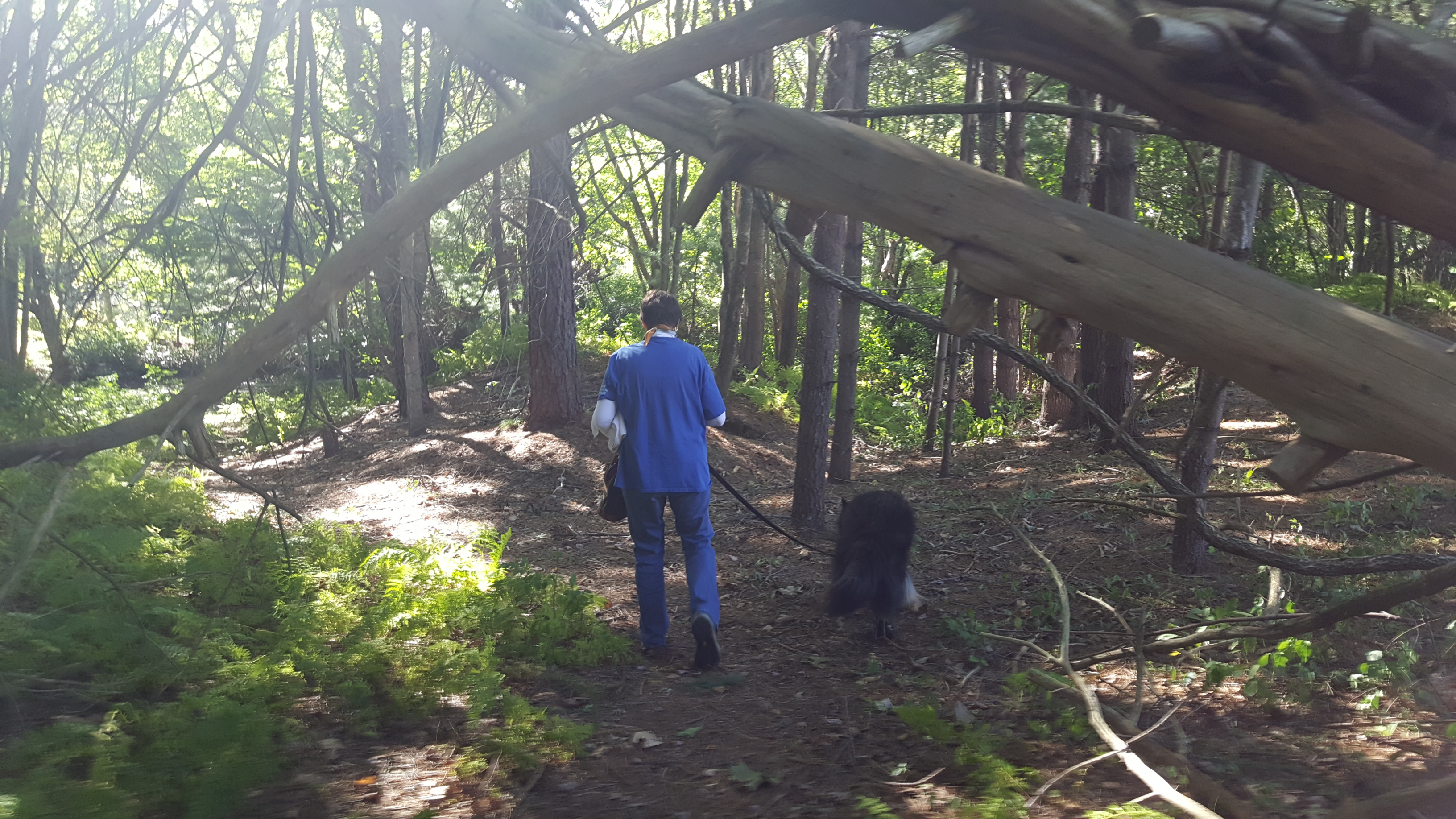Welcome to the Wakefield Doctrine (the theory of clarks, scotts and rogers)
So you got these three personality types, clarks(Outsiders), scotts(Predators) and rogers(Herd Members). And, because everyone else around this blog seems to be having fun, you’re willing to give this ‘Doctrine thing’ the benefit of the doubt.
What next?
This is a legitimate question. In fact, for the other two-thirds* of the Reader population, it, (this question), indicates a sincere desire to explore the use of our personality theory in the ‘real’ world.
Get out there and watch the interactions between your fellow planet-mates. We trust you’ve been doing your reading of posts, both current and archival, but just in case you’ve been falling behind, or simply giving this blog one more try**, lets go with a quick refresher.
The Wakefield Doctrine holds that there are three personality types, clarks, scotts and rogers. These three ‘types’ are markers for the character and nature of the relationship one maintains with the world around them. We all are born with the potential of each, but develop in the world of one and only one. Good news, (and sorry, rogers), since we never lose the potential of ‘the other two’, we can experience these other realities at various times and in a variety of circumstances, mostly under duress.
So how does that help you use the Wakefield Doctrine today as you make your way through classes at school, sitting in a doctor’s office, waiting for Godot or trying to buy the week’s groceries?
Pay attention to any and all interactions between people. And it will, without exception, be ‘between people, not among people’. One person and another. Now, you’re saying to yourself, you’re saying, “So, everything is a duet?” To this I say, “Take a penny, please! That is a most insightful way to express the observable ….err… expression of the Wakefield Doctrine!”
It’s always a duet. Even when there are five people.
Back in the day I might have gone on, at length, providing multiple examples of how interactions are, at their heart, always ‘a duet’. But not this morning. This morning, we will say, go out and watch the interactions, see for yourself. If you’re not directly involved, stand two-people away and watch. You will see, in order of visibility:
- a scott enjoying themselves, seemingly sharing their insight and/or take on whatever the situation is, they will do so loudly enough that even you people two or three people away will feel all theatre-in-the-round, (Doctrine Tip: don’t leave before they are done, you risk becoming their next act);
- a roger reminding everyone around them (and they will wait, they’re in no real hurry, if they are talking to one person they plan on it being passed along), they sound welcoming, inclusive and disarmingly friendly, don’t you wish you were that confident in public, (Doctrine Insight: with rogers, the person in ‘personable’ is always me;
- a clark… keep your eyes (and ears) on the other person, the one who doesn’t fade in and out like an AM radio on a supersonic plane. they, the clark will be mumbling and slouching, but not running away. Watch for them to try to bring others into the situation, however, don’t let them see you looking, (not eye contact, no one but another clark is ephemeral enough to maintain eye contact with a clark) but if they spot you, you might find yourself playing the understudy,
Keep in mind, as you observe the world that we, all of us, relate ourselves to the world as Outsiders(clarks), Predators(scotts) or Herd Members(rogers).
…you’ll know each when you see/hear them.***
* without being obsessively. rogerian about the math, the accepted distribution of the three worldviews in the general population is: rogers: 66 (74, if someone attractive is asking) percent, scotts: 11 percent and clarks: 23 percent, or so
** interesting insight to the readership hereabouts, anyone returning a second time and reading to the end (yes, footnotes count) of a post is either a clark or a scott or a roger with a significant secondary clarklike aspect.
*** Doctrine Warning! Stay around reading long enough and you will see them, the clarks, scotts and rogers in your world. The thing is, you might not be able to not see them after this.
#theWakefieldDoctrine










